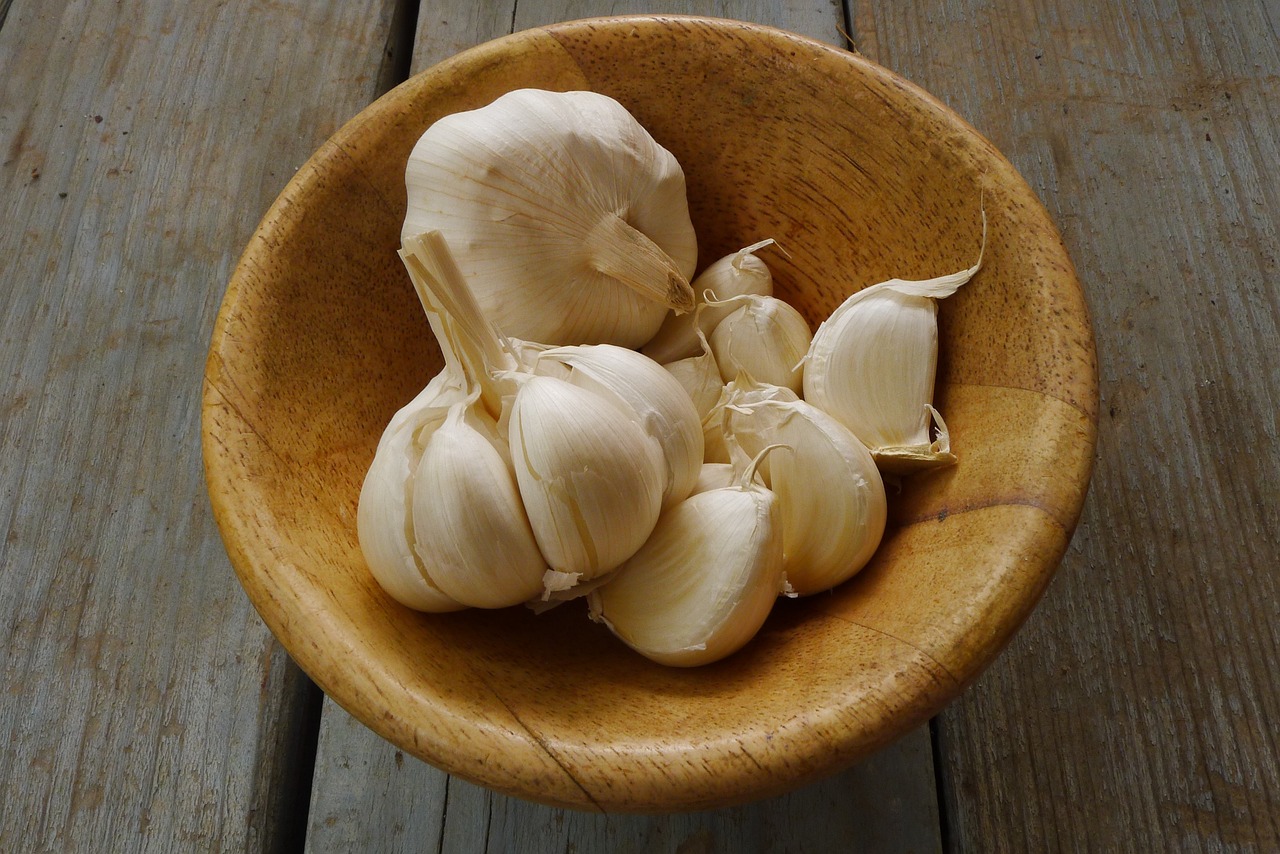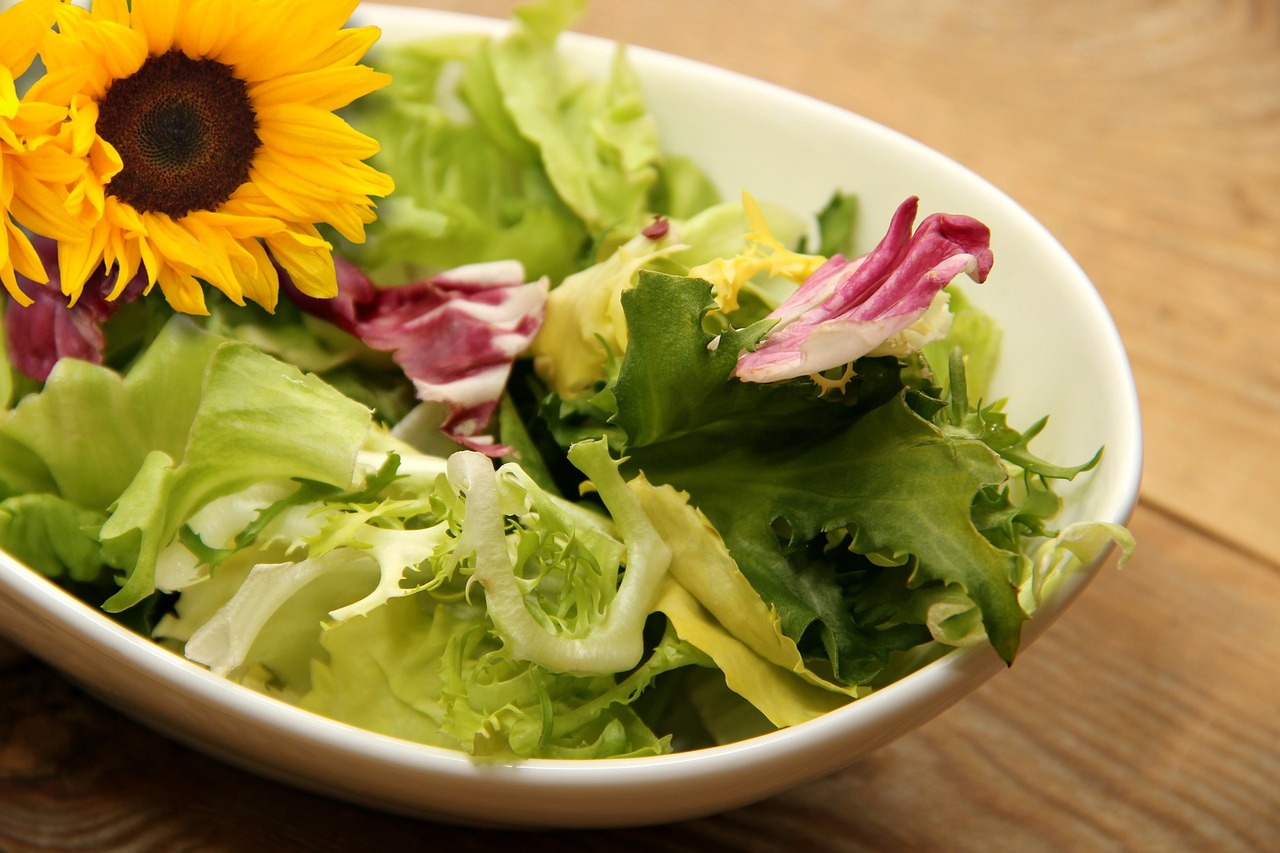Genetics and Breast Cancer

Q: There’s been a lot in the news about genetic links to breast cancer. How does the influence of heredity compare to that of lifestyle choices?
A: For women who have mutations (abnormal changes) in certain genes (including BRCA1, BRCA2 and others) the impact on breast cancer risk is major. However, researchers estimate that these abnormal genes account for one out of every ten to twenty cases of breast cancer overall. We still have much to learn about all the factors that interact to influence breast cancer risk, and we know that even some influences not related to these specific genetic mutations – like family history and age – are not within a woman’s power to change. However, in the United States about 38 percent of post-menopausal breast cancer cases could be prevented if women would be physically active on a regular basis, limit or avoid alcohol and maintain a healthy weight. Breastfeeding also reduces a woman’s risk of breast cancer. Research is currently underway to identify how genetic differences may make certain lifestyle choices even more important for some women. For example, women who inherit a tendency to develop the insulin resistance that leads to type 2 diabetes might especially reduce their risk of breast cancer with daily walks or other physical activity and a healthy weight, since these steps help normalize insulin function. We are not yet able to identify all the genes that might influence the effectiveness of different lifestyle choices, but even among women who are high risk, it looks as if these choices still play a role in reducing breast cancer risk. Steps you can take now to reduce your risk for breast and other types of cancer are getting at least 30 minutes of moderate physical activity every day, aiming for a healthy weight and eating a mostly plant-based diet.
The Author:
The American Institute for Cancer Research (AICR) is the cancer charity that fosters research on the relationship of nutrition, physical activity and weight management to cancer risk, interprets the scientific literature and educates the public about the results. It has contributed more than $96 million for innovative research conducted at universities, hospitals and research centers across the country. AICR has published two landmark reports that interpret the accumulated research in the field, and is committed to a process of continuous review. AICR also provides a wide range of educational programs to help millions of Americans learn to make dietary changes for lower cancer risk. Its award-winning New American Plate program is presented in brochures, seminars and on its website, www.aicr.org. AICR is a member of the World Cancer Research Fund International.








